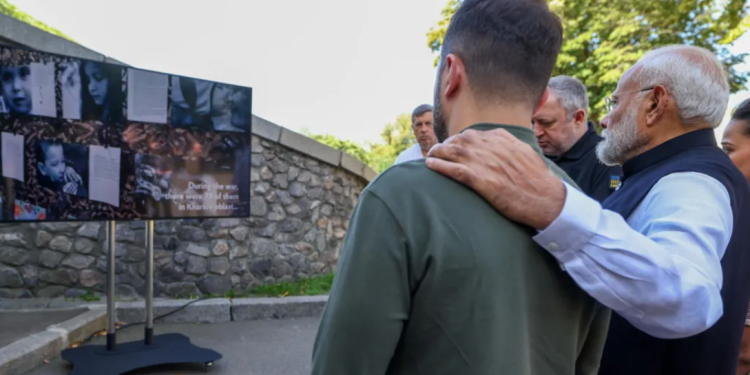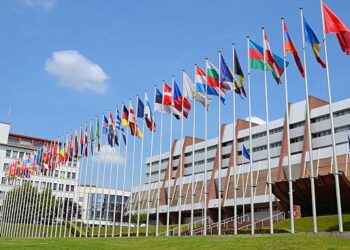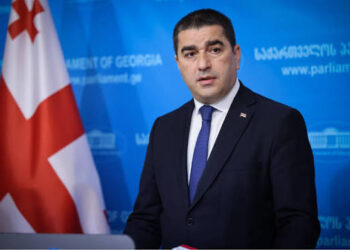Indian Prime Minister Narendra Modi made a historic visit to Ukraine last week, telling President Volodymyr Zelensky that he is ready to take a personal role in seeking peace. Modi’s visit follows a period of tension, as Zelensky had previously criticized him for hugging Russian President Vladimir Putin during a trip to Moscow on a day when Russian strikes, including one on Kyiv’s largest children’s hospital, resulted in over 40 deaths.
Modi arrived in Kyiv by train from Poland, making him the first international leader to visit since Ukrainian forces advanced into Russia’s Kursk region in early August, having since seized over 1,250 square kilometers of territory.
Modi’s first stop was Ukraine’s history museum, where he viewed an exhibition commemorating the 570 Ukrainian children reported killed since Russia’s full-scale invasion began in February 2022. Both leaders participated in placing soft toys at a makeshift shrine, with Modi later expressing his grief over the “martyred” children.
Modi posted an image on social media of himself with his arm around Zelensky, accompanied by a message expressing condolences to the families of the deceased children. He also offered to facilitate peace talks, underscoring that only dialogue and diplomacy could end the conflict.
Despite Modi’s assurances of support, India has not condemned Russia’s invasion and continues to bolster Moscow’s war economy, recently surpassing China as the largest importer of Russian oil amid Western sanctions. During their discussions, Modi and Zelensky addressed Ukraine’s ongoing military actions in Russian territory, though specifics of the conversation remain undisclosed.
India participated in a Ukraine-led peace summit in Switzerland in June, where Russia was excluded. Zelensky invited Modi to endorse a joint communique emphasizing Ukraine’s territorial integrity, which Modi later echoed. Both leaders released a joint statement pledging to enhance defense and trade relations between their countries, marking the visit as a significant moment in their diplomatic relations.
Source: BBC














